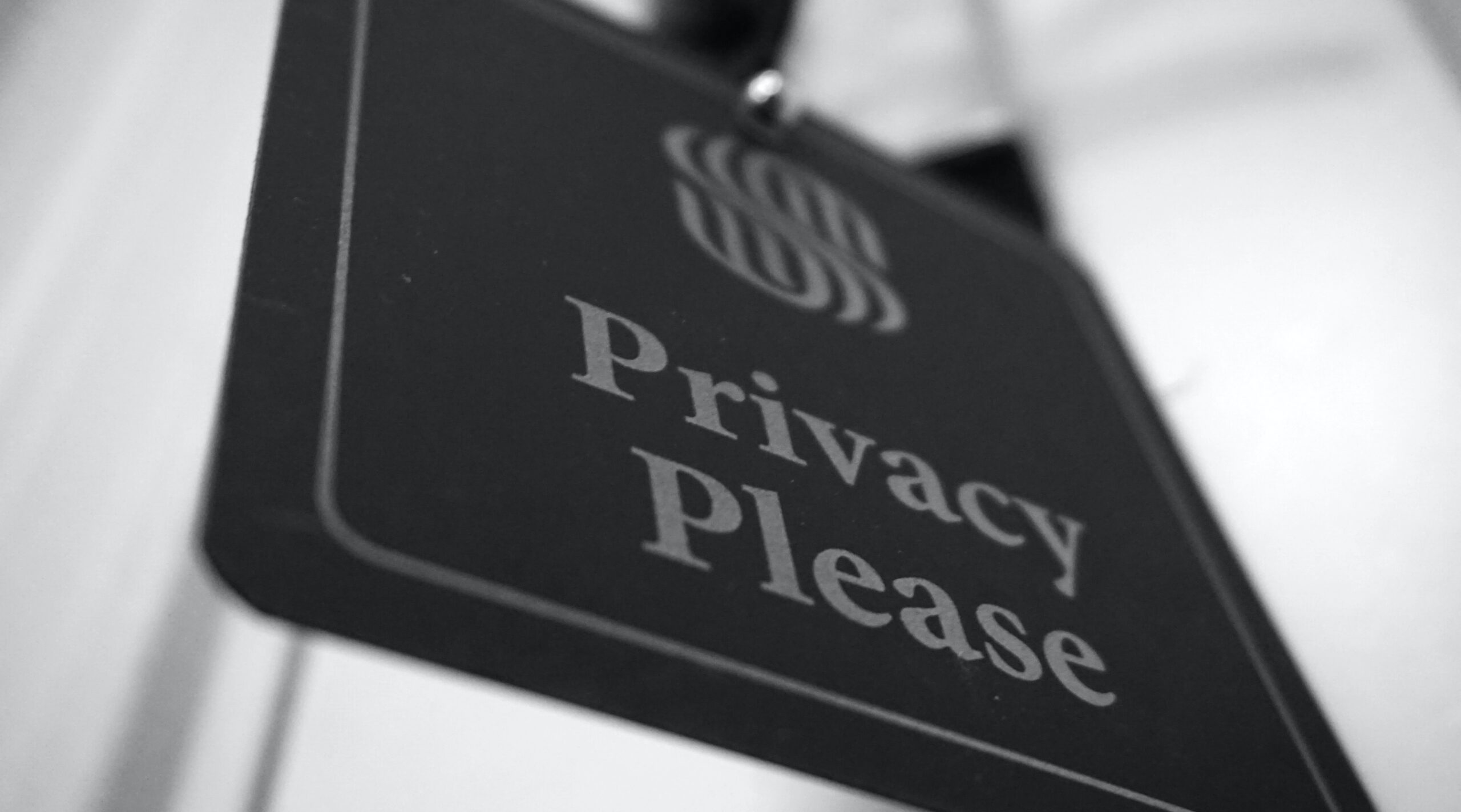First off, I just want to clear the air and admit it: I used to be one of those people who said “well, I have nothing to hide,” when it came to internet privacy. It was never a case of me thinking we shouldn’t have privacy on the internet, but more a way of comforting myself when I performed an action that I knew might be exposing my own data to “big Data.” This post on the social media formerly known as Twitter sums up the feelings of hopelessness that can trap us when dealing with the lack of privacy on the internet. Sure, whatever, who cares anymore? I guess Taco Bell and Spotify can link up. I guess I’ll just deal with being datamined. There’s nothing I can do about it, right? And it doesn’t even matter, does it?
Well, it kind of does.
What Is Privacy?
Privacy is not easily defined, but we still need a way to conceptualize it and express why it’s important. Working with Daniel Solove’s article “I’ve Got Nothing to Hide” and Other Misunderstandings of Privacy, we can come up with a useful way to think about privacy. Instead of being one thing with a singular defintion, Solove understands privacy as “a set of family resemblances.” It consists of a “plurality of different things that do not share one element in common but that nevertheless bear a resemblance to each other.” The clearest definition was this: “Privacy is a set of protections against a related set of problems.”
Furthermore, moving away from an Orwellian way of viewing privacy problems, which is appropriate for things like law enforcement surveillance but not all government/privacy problems, Solove posits the “Kafka metaphor.” In Kafka’s story The Trial, a government with unknown purposes uses people’s information to make important decisions about them yet gives the people no way to participate in how their information gets used. Problems like these affect the power relationship between people and institutions, and they’re often the type of privacy problems we face today with things like government databases storing our information.
Solove developed a “taxonomy of privacy” which lists different types of privacy problems and the harms privacy violations cause. Important from this work is his definition of a privacy problem:
“A privacy problem occurs when an activity by a person, business, or government entity creates harm by disrupting valuable activities of others. These harms need not be physical or emotional; they can occur by chilling socially beneficial behavior…or by leading to power imbalances that adversely affect social structure…”
This shows us that privacy problems don’t just affect individuals, but rather society as a whole.
Why Does Privacy Matter?
Traditional understandings treat privacy as a matter of individuals’ rights. The problem is when individual rights are weighed against society, society often wins (unless the individual in question is ultra wealthy and politically influential…) However, individual rights do not need to be opposite from societal rights. The good of the individual is bound up with the good of society and vice versa. We are, after all, social beings.
I agree with Solove’s statement that “a society without privacy protection would be suffocating…” How would you feel living in a world with absolutely no privacy? Pretty awful, I’d imagine. Privacy, he continues, is “the protection of the individual based on society’s own norms and values.” It protects the individual for the sake of society. Unfortunately, in today’s legal protections, privacy interest is often discarded or reduced in favor of security interests.
“Nothing to Hide” has Nothing to Say
One of the biggest problems with “nothing to hide” arguments is the view that privacy is about “hiding bad things.” People who view privacy that way won’t see anything wrong with the government collecting data because they believe it will be used to “catch the bad guys,” and that if you have something you want to hide, you’re in the wrong. Well…
- I think we all have things we’d rather certain other people didn’t know about us.
- I think you’re lying if you disagree with that point.
- “Even surveillance of legal activities can create chilling [inhibiting] effects on free speech…and other First Amendment rights…”
The above mentioned “chilling effects” harm society because they reduce the range of viewpoints we feel safe expressing and how freely we are able to engage in politics, two things that are necessary for democracy.
Aside from that is the powerlessness and vulnerability created by government systems having an unknown amount of personal information on us all and being able to use it in ways unknown to us (the previously mentioned Kafka issue.) An example is that people who match “certain profiles” may be pinged as more likely to engage in illegal behaviors. What happens if you’re accused of this? “Hey, we think you might commit a crime in the future,” but you haven’t actually done anything? Solove states “it is quite difficult to refute actions that one has not yet done,” a very thought provoking point.
Conclusion
Ultimately, today’s privacy laws aren’t doing much to protect us…and even when they are, government agencies can bypass them altogether. We need to demand more stringent privacy laws on the internet to see any sort of change. Until then,, we should try to be mindful of our internet usage if privacy is important to us, and we have to stop saying that we “have nothing to hide,” because that’s entirely missing the point.




Leave a Reply